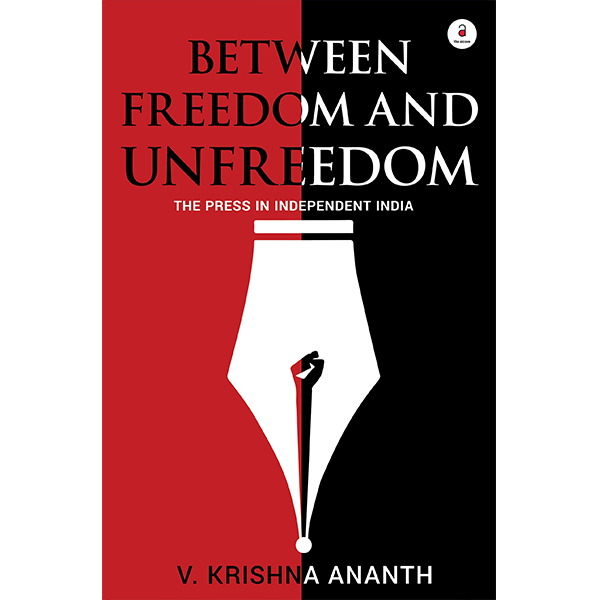About the book
This book is a historical account of the Press in democratic India and its evolution as a thriving business model in the economic sense as much an institution, envisaged in the constitutional scheme, committed to an ideal as reflected and envisioned in the discourse on nationalism and anti-colonialism. The journey of the Press from then has oscillated, much like a pendulum, with both restrain and freedom exercised by the state, judiciary, and the Press itself. While constantly announcing the utopian reveries of freedom, the Press has acted as the crusader, a purely business enterprise depending on the vagaries of the market and the state, and at times a meek institution of obedience, surrendering the very ideals of freedom and democracy.
The Emergency (1975-77) was one such moment, where the Press was reduced as an instrument of the state. The Emergency, while exposed the vulnerability of the Press to the constitutional and unconstitutional excesses of the state and its own business model, also provoked a resurgence and display of courage and determination by the Press to defend democracy, pointing towards a deeper form of freedom and un-freedom. The 1980s provide instances where the Press, aided by the judiciary and the civil society, asserted freedom in various ways.
However, it was perhaps during the conundrum around Mandal and Masjid that the democratic sensibilities of the Press were tested the most. The Press faltered this time, not because of the business model or the restraints imposed by the state but predominantly due to the deep-rooted prejudice among large sections of the journalists on the question of caste. Placing these facts of the story of the Press in independent India in elaborate detail, the book argues that the experience since the 1990s, with the explosion of television media and the liberalization of the Indian economy, marked a retreat by the Press to Unfreedom, it certainly does not mark an end to the possibility of the Press re-inventing itself as an instrument to further the cause of democracy.
About the Author
An alumni of Jawaharlal Nehru University, New Delhi, Ananth currently teaches at the Department of History, Sikkim University, Gangtok. He worked with The Hindu newspaper for over a decade reporting and writing editorials and op-ed articles. He has been freelancing with a host of publications, commenting on political developments, since 2004 and teaching at the Asian College of Journalism, Chennai as Adjunct faculty for two decades now. He spent a few years practicing at the Madras High Court taking up briefs for labour, Right to Information and Constitutional law. He was Fellow at the Nehru Memorial Museum and Library between 2009 and 2011.

